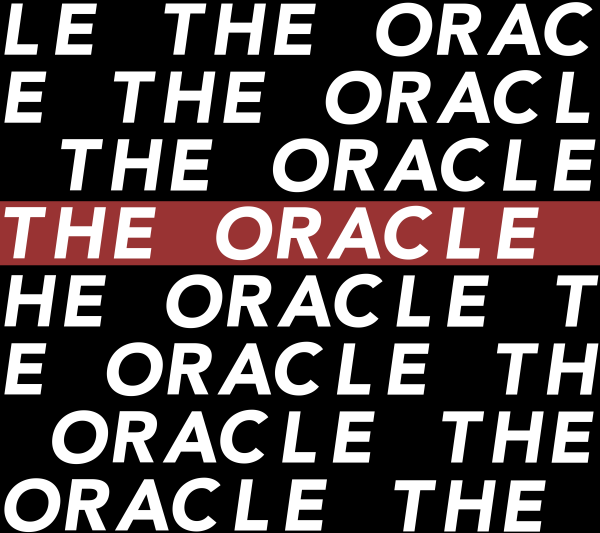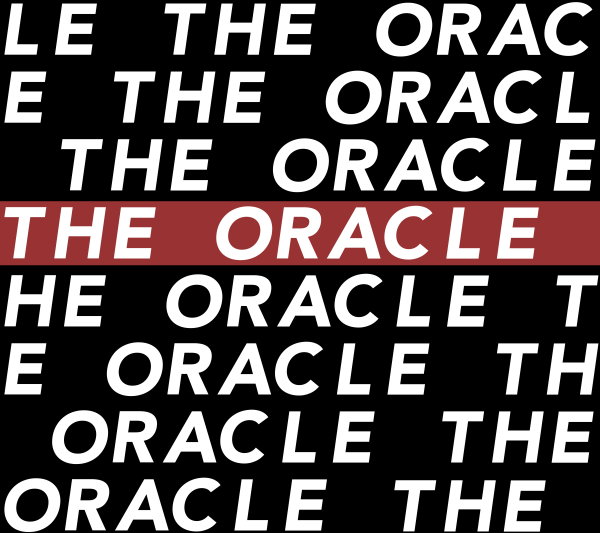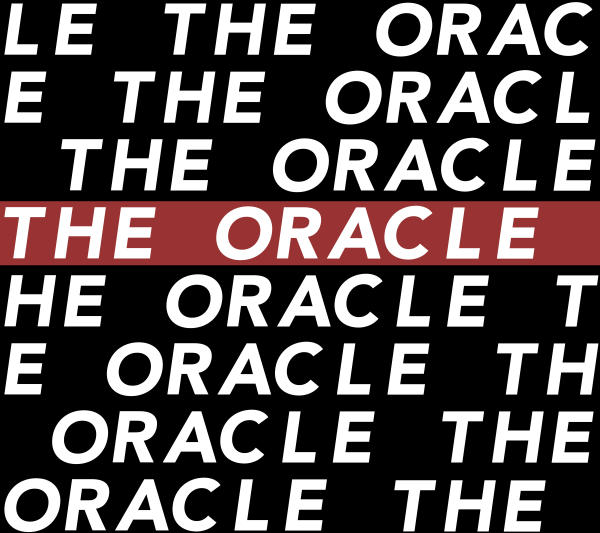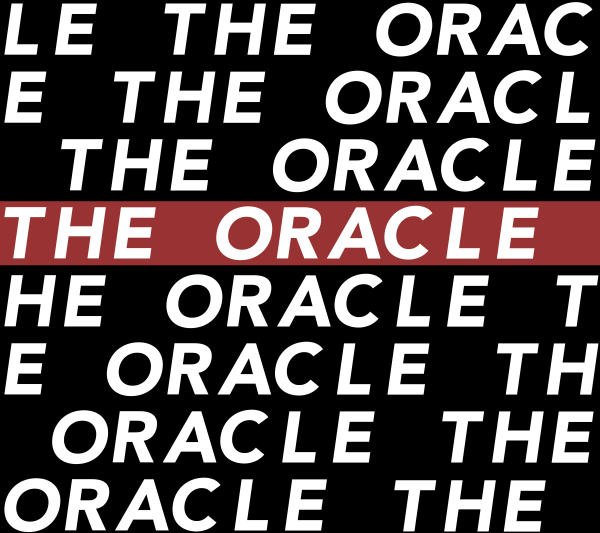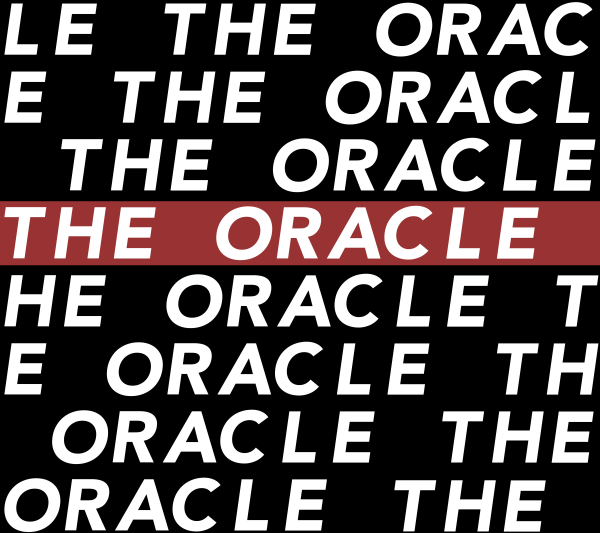Soccer stadium bill grounds construction
Stadium set to open in 2018 faces delays.
October 5, 2016
Uncertainty and confusion cloud the Minnesota United FC’s new soccer stadium months after construction was scheduled to start.
The $150 million stadium is being erected as part of Minnesota’s professional men’s soccer team’s entrance into Major League Soccer (MLS), the highest level of competition for men’s soccer programs in the United States.
The expansion of the Minnesota United has been exciting, as the team was “in danger of folding” since late 2012, according to Sports Illustrated writer Brian Straus.
Changes in management and ownership plagued the team and fostered apprehension, but ultimately previous executive and physician of UnitedHealth Group Bill McGuire has led efforts toward the team’s expansion.
Awarded ownership on Nov. 9, 2012, McGuire spent the next three years working to improve the United’s standing in hopes of exiting the North American Soccer League to join Major League Soccer. On Mar. 25, 2015, MLS announced that Minnesota would be awarded the 22nd spot in its league with the United set to join competition in the 2017 season.
The promotion prompted a new stadium that would better accommodate a larger capacity and anticipated audience demands. Initially approved to have the new stadium built in the Snelling-Midway community by 2018, delays have halted the ground-breaking ceremony.
The construction of the new stadium was supposed to commence in June of 2016. A property-tax exemption bill was created in order to free the stadium from paying about $3 million in taxes each year, but has not yet been passed as Governor Dayton has been negotiating parts of the bill with the state legislature.
This bill is similar to previously used stadium financing bills, including one written for the construction of U.S. Bank Stadium. The bill calls for the existing untaxed land to remain untaxed after the completion of the stadium.
While some sources speculate that the bill would likely be passed by the proposed opening date, the Minnesota United FC webpage explains “that’s a chance Minnesota United ownership might not want to take.”
Outside money being funneled into the stadium project is also subject to wait for the construction to begin. Metro Transit has pledged $4.5 million for cleanup of the site, the Minnesota Department of Employment and Economic Development contributed $1.5 million and the Port Authority has applied for $500,000 in cleanup cash, according to Pioneer Press.
The delay in construction may not seem concerning to all, but Midway stores and business owners are worried. The stadium would be replacing their space and creating a change in the dynamics of the community and several businesses are wondering about the fate of their stores and customers.
“This neighborhood is very diverse so you’re going to put a soccer stadium here and take away everybody’s shopping experience,” said a local store manager. “Not only that, but the neighborhood isn’t involved in what’s going on and so they don’t know what’s really happening.”
Despite the delays in construction, the preliminary designs were released when the stadium itself was first announced.
The new stadium will include amenities like LED lighting, seating for 21,500 fans, 360 degree canopy and a field heating system, all of which is designed to “minimize environmental impact and energy usage,” according to the Minnesota United’s webpage.
As haggling over the tax-exemption bill stretches on, United fans will have to watch their team’s first MLS season at TCF Bank Stadium and business owners will wait, patiently or not, to hear their fate.

